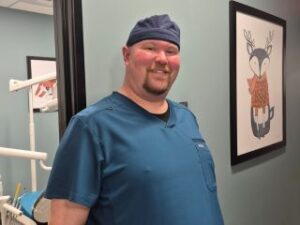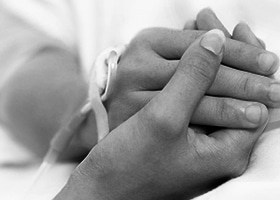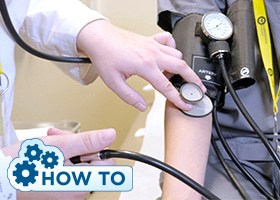 Whether it’s donating to patients in need of transfusions, providing for communities that have been ravaged by a natural disaster or simply making an effort to shore up supplies, blood drives are a great way for people to easily provide for the needy. And if you’re a health care professional, they also present a wonderful opportunity to find work or volunteer your time.
Whether it’s donating to patients in need of transfusions, providing for communities that have been ravaged by a natural disaster or simply making an effort to shore up supplies, blood drives are a great way for people to easily provide for the needy. And if you’re a health care professional, they also present a wonderful opportunity to find work or volunteer your time.
Blood drive jobs
Blood drives take place all the time, all over the country. That means there are plenty of chances for health care professionals to find work, especially if they have hands-on patient experience, as certified medical assistants often do. You can find some of those opportunities through a simple online search,1 scouring job boards and working with local health care providers who have contacts at local or national blood drive organizations. The Red Cross is, of course, the organization most closely associated with blood drives, and it is probably the first place you should look if you’re interested in working at a blood drive.2 But there are plenty of other companies and nonprofits that provide blood donation services. Local hospitals3 and health insurance co-ops are just a few of the outlets you can do some research into.
Volunteering at blood drives
If you really want to be part of a blood drive, the easiest way to do so is to volunteer. Especially in times of crisis – when a natural disaster hits, for instance – volunteers with experience in the health care industry are desperately needed to help handle the influx of people who want to donate blood. That gives health care professionals the opportunity to volunteer their time to serve their community and gain valuable experience that might help them land a job at a blood drive if they so desire. 1 Indeed.com, “Blood Drive Jobs.” http://www.indeed.com/q-Blood-Drive-jobs.html 2 “Ways to Volunteer,” Redcross.org. http://www.redcross.org/support/volunteer 3 Massachusetts General Hospital, “Blood Drives.” http://www.massgeneral.org/blooddonor/blooddrives/



